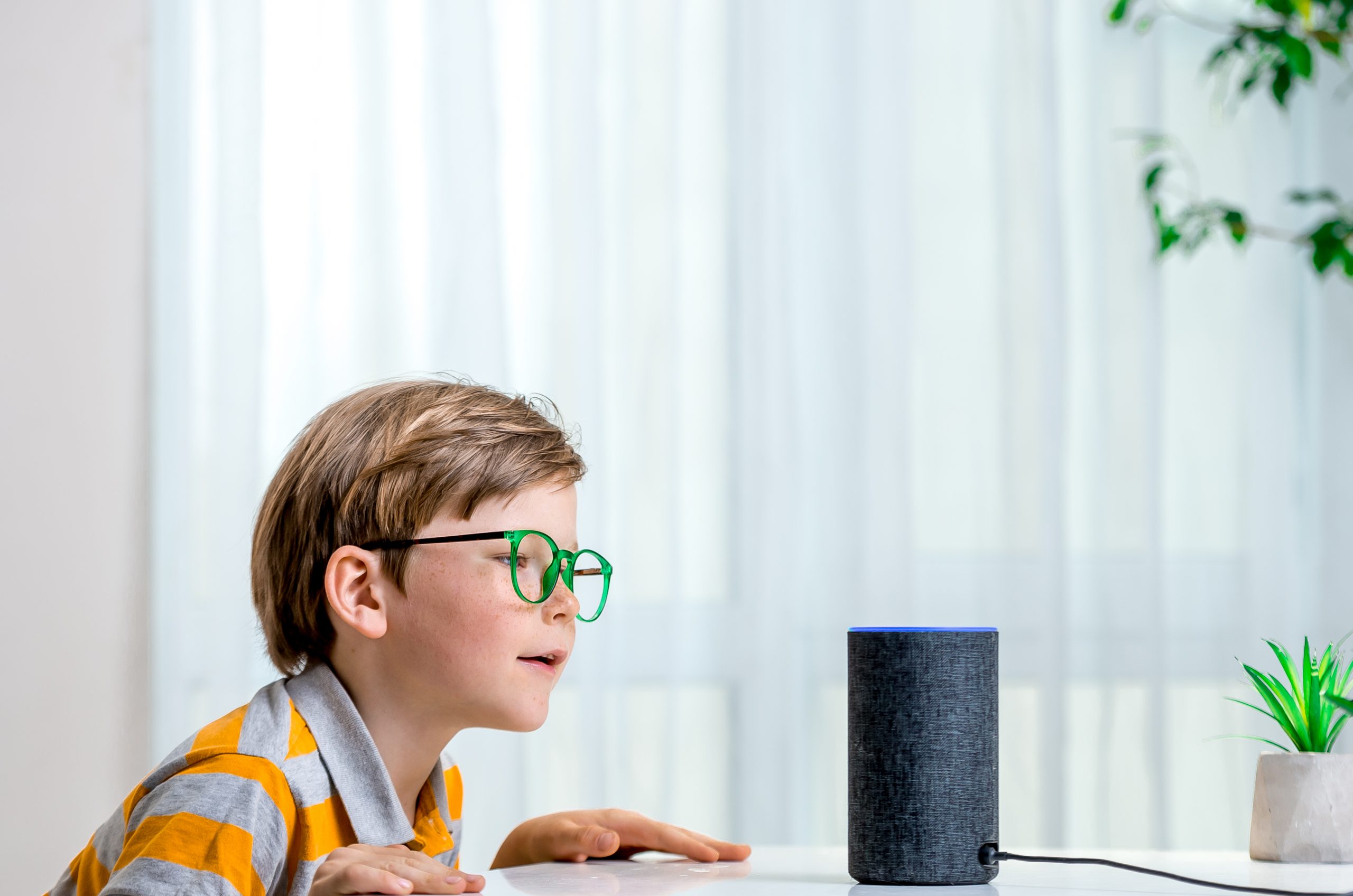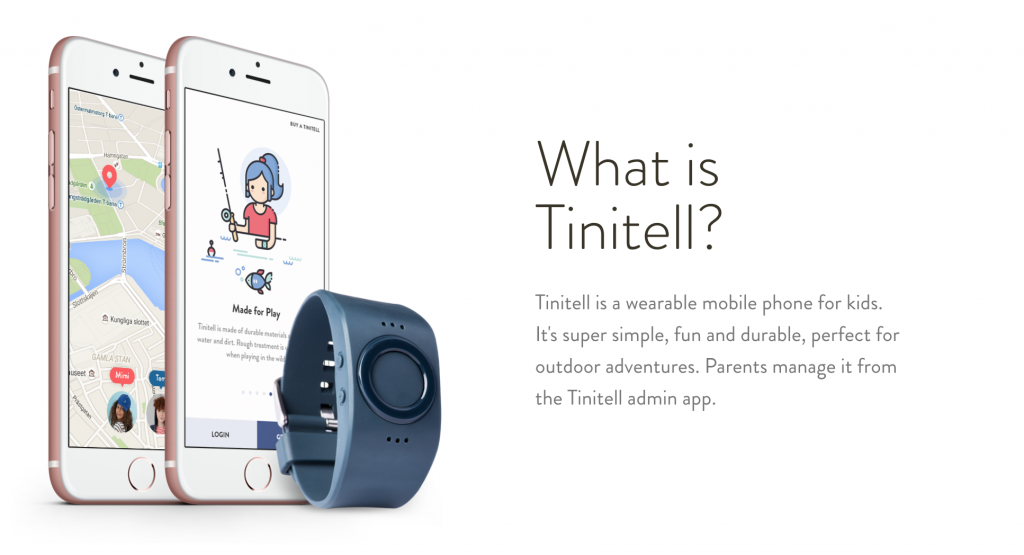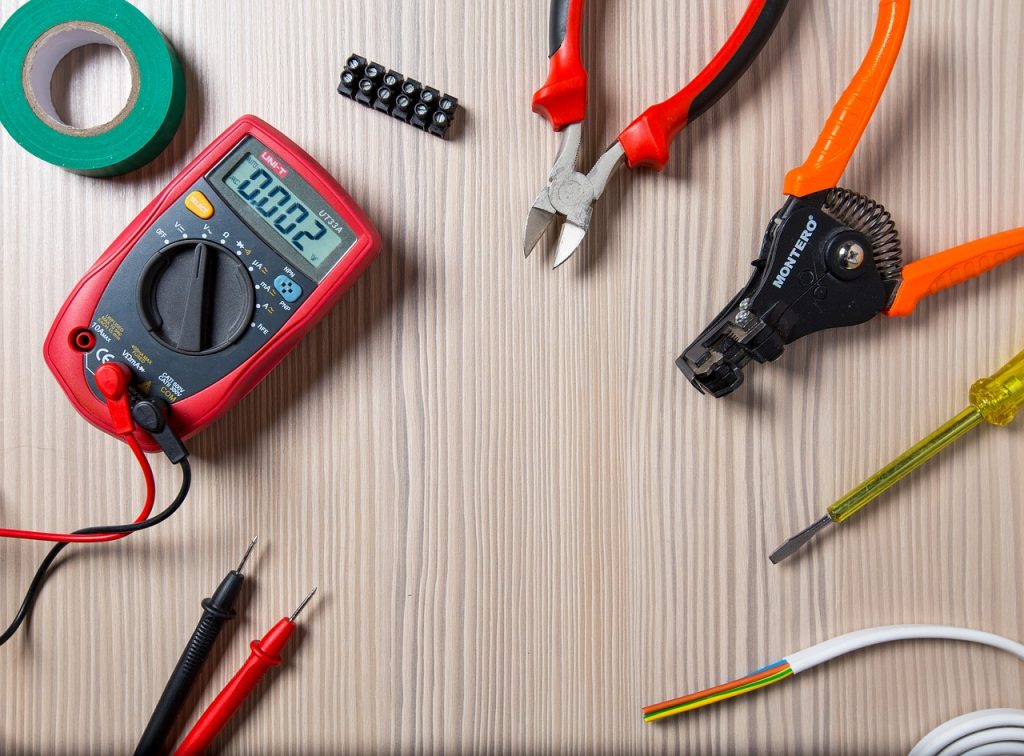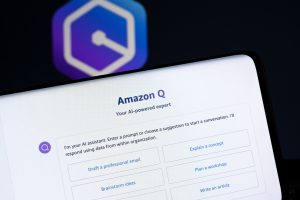
Alexa Accelerator is a highly-selective, 13-week intensive program to train early-stage voice recognition companies devoted to advancing speech enabled technology.
There’s no doubt about it – speech recognition has been on the rise for a while now.
Since the first time Siri said “hello”, ‘she’ has become renowned for her incredible ability to accurately process natural utterances. Siri also responds using conversational, and sometimes shockingly sassy language.
These new systems, programs and apps are changing the way we live and interact with the world every day. Voice-powered personal assistants like Amazon’s Alexa and underlying technologies such as behavioral algorithms and suggestive searches are changing the game.
This is pretty important work, the type that needs forward thinkers to invest in and power new ideas.
So, what do you do when you have an emerging field, eager entrepreneurs, and a marketplace hungry for innovation?
If you’re ‘Amazon’ and ‘Techstars’, you partner up and create something called the Alexa Accelerator. It’s a highly-selective, 13-week intensive program that trains early-stage companies devoted to advancing speech enabled technology.
They invest in and help grow voice recognition companies.
The chosen companies get:
- access to some of the best and brightest mentors in the tech field
- $100,000
- back office services.
They therefore have all the tools and training they need to turn their ideas into tangible products.
In 2017, nine voice recognition companies were chosen from thousands, of applicants to participate in the three-month summer program.
Let’s check them out, shall we?
9 Voice Recognition Companies Chosen For Amazon’s Alexa Accelerator
Aspinity
The folks at Aspinity are working hard to answer the question: what happens when speech recognition technology goes analog?
If you panic when your phone’s battery dips below 40%, the answer might surprise and delight you.
The engineers at Aspinity have found that by using analog processing for certain signals and data, they can not only extend battery life, but in fact, ensure that the whole system uses less data.
Why is this important?
Most Internet of Things (IoT) systems use wireless sensors to capture and process data (voice commands) in a lengthy data digitizing operation.
The device must always be listening and thus, always ‘wasting’ battery life even when the end-user is not interacting with the device.
“Since less than 10% of audio typically contains speech, there is great potential to enhance battery life by minimizing power consumption during non-speech durations” (Aspinity).
Novel Effect
The Novel Effect app listens to you as you read to your children. It adds in theme music and sound effects relevant to each part of the story.
Spend time with your family around a book, not a screen. Allow yourself to dive even deeper into the story with their help of Novel Effect’s mobile app.
The developers at Novel Effect are working to bring over 100 children’s books to life down the line.
Their aim? To inspire lifelong readers and creative thinkers, and to bring families closer together.
Play Impossible
Changing the phrase “kids nowadays are always on their phones” to a positive, the Play Impossible app brings digital gaming to the real world in a healthy and fun way.
Currently offering seven games, this app gets you moving with all kinds of engaging activities. It’s accompanied with the Play Impossible Gameball,
The ball has an internal processor that tracks movement and senses touch. These sensors then transmit information to the app to keep score and keep challenging you.
And no, this isn’t just for kids!
Toss the Gameball around with friends at a park, or even to your coworkers when you need a stretch from sitting behind your computer all day.
CEO Brian Monnin emphasises that Play Impossible’s, “…common goal is to transform ordinary play and sporting goods by giving them a brain to introduce a connected generation to the joy of physical play in a digital way”.
Toys just keep getting smarter and smarter, eh?
Semantica Labs

Semantica Labs is a small startup based out of New York. They created a platform from which data scientists are able to manage their workflow from the dataset all the way to the product itself.
How?
By infusing chat based customer support platforms with automated bots capable of deep learning and automating repetitive work tasks.
As part of the Techstars-Amazon Alexa Accelerator program, Semantica is running a private beta program for select clients.
Tinitell

With the amount (and price) of smartphones going up and the age of children receiving them going down, it’s hard to know what the right choice is for your child.
While it’s certainly comforting to be able to reach your children when you need to, smartphone ownership at such a young age is still a grey area for most parents.
That’s where Tinitell comes in. They make mobile phone watches. And aimed for ages five and up, Tinitell watches were designed with kids in mind.
The watch holds about a dozen phone numbers so they can have you – and their friends – on speed dial. The watch also comes with a GPS tracker so you can keep tabs on them from an app on your smartphone.
Founder Mats Horn is passionate about giving parents more resources to be better parents and he plans on continuing to stretch the products and functions he provides to be both parent and child friendly.
“There are carpooling apps that parents could upload,” Horn says, “We could have a game app or a walkie talkie app”.
In other words, not only making the lives of parents easier, but also helping to put their minds at ease.
Sensible Object
Sensible Object is a London based company with one goal: merging digital and physical play to bring people together and inspire the imagination.
Their breakout hit game “Beasts of Balance”, described as “Jenga meets Pokemon”, combines jigsaw like pieces and an app (that works on smartphones, tablets and TVs) to help you create whole worlds.
Players stack pieces together, either individually or with up to four other players, while taking on building and design challenges and unlocking new pieces.
The goal is to see how tall you can stack your tower before it falls and the game ends.
Basically it’s like a really addicting, challenging version of Jenga – but more technologically advanced and, well, way better!
Twine

Also known as the “Conference Room in a Box”, the Twine hardware, paired with Slack, helps you to have complete control over your conference room, conference calls and presentations.
The intuitive program easily connects with TVs and monitors to display your presentations with a simple drag of the cursor.
It also facilitates video conferencing and can help you to reschedule or relocate your meetings if need be.
The people at Twine were chosen to attend the Alexa Accelerator program with the goal to take all of the services they currently provide and make them voice activated using Alexa voice recognition.
Pulse Labs

Pulse Labs offers something every Alexa based app needs: user testing.
With a group of qualified QA (quality assurance) testers combing through your product, you’ll find bugs and gain insights into the end-user experience and usability of your app before it goes live.
Thus ensuring your target audience will be happy, and that your app will enjoy a successful and bump-free release.
Pulse Labs also offers customized filters when selecting your user testers so you get exactly what you’re looking for.
To boot, and they record all of the conversations the testers have with Alexa via your app, so you have unlimited access to their feedback. Sounds like the whole package!
Botnik

A cartoon editor and comedy writer have partnered up to bring creativity to the forefront of AI.
Exploring the use of artificial intelligence to develop creative works, Bob Mankoff and Jamie Brew have started Botnik – a community of writers and developers who are using their talents and their proprietary keyboard to produce new humorous creative content.
In other words, there are people working with computers to create these linguistic masterpieces.
This type of collaboration could have a huge impact on the entertainment industry. Imagine if the new fall lineup of TV shows were written almost entirely by computers?
So far the outcome of such collaboration has led to incredibly funny – and sometimes weird – creations. Check out a sample Super Mario Wikipedia page they created here.
To learn more, check our article Voice Recognition in AI: Where We’re Headed and How to Get There.
Accelerate Your Voice Recognition Capabilities
Work with a speech data provider who customizes when needed, and scales up on demand.
At Summa Linguae Technologies, we’ve worked for years to develop and refine our process and platform.
As a result, our data solutions team is recognized by our clients to be extremely versatile with our outside-of-the-box thinking, but as we’ve developed our crowd and our platform, we’ve gained the ability to offer custom speech data collection at scale.
To learn how we can create a speech collection program for your organization, book a consultation now.


